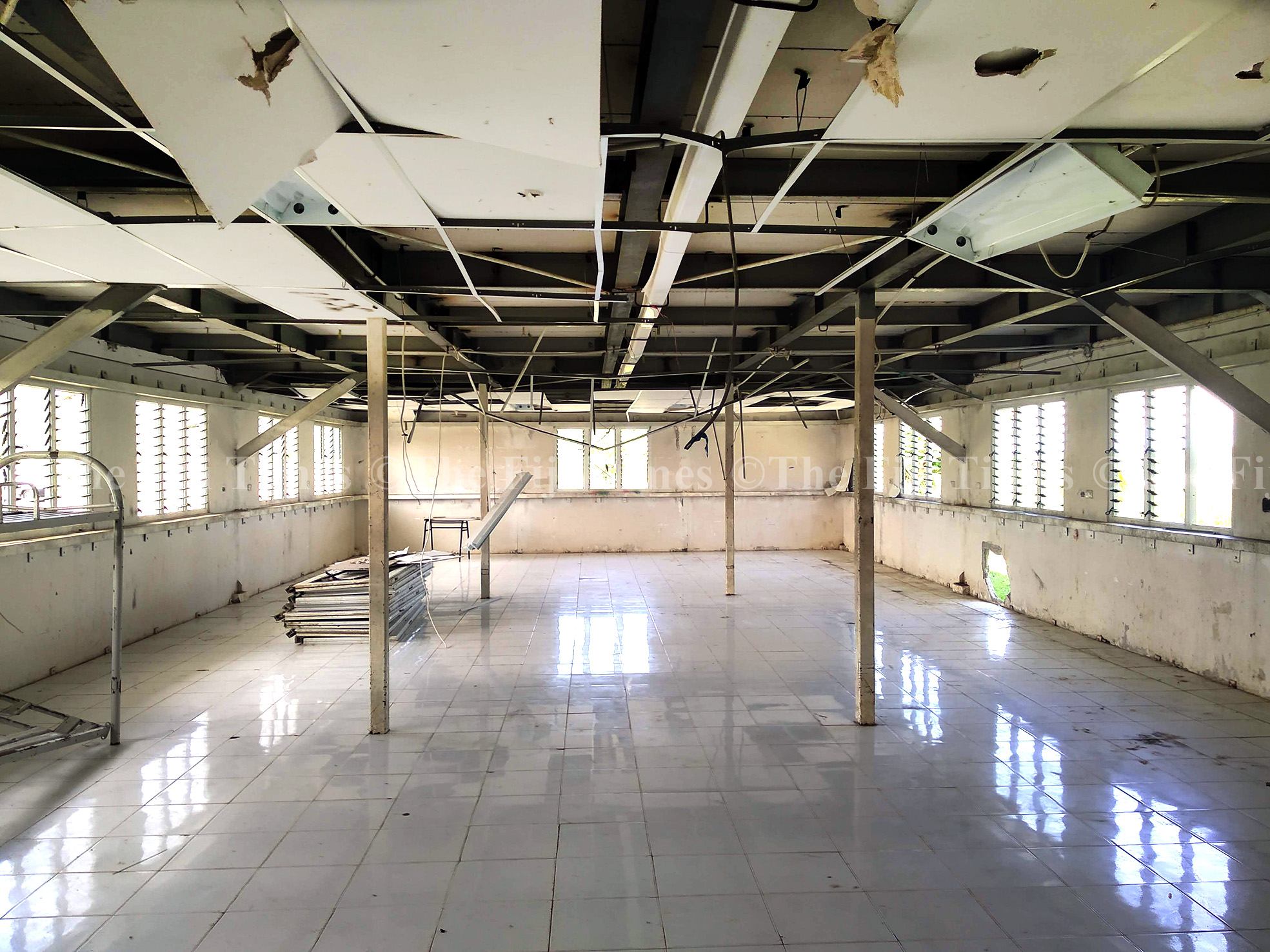A QUIET crisis is unfolding in classrooms across our country. While officials tout the Free Education Grant (FEG) policy, the reality on the ground tells a different story. School buildings are deteriorating, technology needs remain unmet, and educational outcomes are declining. Ill-considered policies and chronic underfunding are compromising our children’s future.
Our survey of 107 school leaders across the country reveals a sobering reality. Since the FEG’s introduction in 2014, its real value has eroded by 30.7 per cent because of inflation and nominal reductions — meaning schools today can only purchase about two-thirds of “Fiji’s education crisis demands urgent action” what they could when the program began. What may have started as a well-intentioned policy to make education accessible to all now places impossible burdens on our schools.
The survey revealed that more than four out of five respondents (80.4 per cent) find the current FEG insufficient to meet basic needs.
The number is likely understated — many respondents who stated that the FEG was sufficient went on to detail critical infrastructure needs that could not be addressed with current funding levels.
Primary schools receive on average less than $1/day for each student. See table showing the nominal decrease from 2015 to now — and this is despite inflation. The consequences are visible not only in dilapidated infrastructure and declining teacher morale, but also in our educational outcomes.
About 6000 students failed the 2024 Year 8 exams, and English pass rates have plummeted from 73 per cent in 2015 to just 57 per cent.
These aren’t just statistics — they represent thousands of Fijian children whose potential is being limited by a system that cannot provide adequate resources for their education.
Walk into any school across our country, and teachers share similar stories. “Our double storey building needs a new floor that will cost approximately $150,000,” reports one principal.
Another said, “digital learning and technology is greatly needed, but the low FEG received by small schools does not meet the cost of technological devices and internet connectivity”.
Technology is a necessity for education in the 21st century.
The situation is particularly dire for rural and maritime schools, which receive less funding due to smaller student populations despite facing higher operational costs
This creates a troubling equity gap, with children’s educational opportunities increasingly determined by geography rather than potential, worsening the rural to urban drift.
The current policy framework compounds these challenges. The “one fundraising event per year” restriction severely limits schools’ ability to supplement their budgets, while the prohibition on targeted fees prevents transparent mechanisms to address specific needs.
When a school cannot repair a leaking roof or replace termite-infested structures because of these constraints, we must question whether these policies truly serve our children’s best interests.
While these challenges are significant, they are not insurmountable. Administrators, from various community and faith-based organisations including the Catholic and Methodist Churches, who manage schools all over Fiji and have done so for decades, are now working together to not only highlight problems — but also propose solutions for consideration.
As part of the budget submission process, we call on the Ministries of Education and Finance to consider the following:
n Increasing the FEG by at least 50 per cent to restore its buying power and address accumulated funding gaps. This isn’t an arbitrary figure – it’s based on economic analysis given the nominal reduction in the grant (about 13 per cent) and a decade of inflation. This will allow schools to address deteriorating infrastructure which potentially compromises student safety. If the budget does not allow for this — then consider a mix of measures
n Allow schools to have greater flexibility by removing the one fundraiser limit per year and the allocation restrictions placed on FEG usage. This would enable schools to respond to their unique community needs and leverage local support more effectively
n Let schools determine whether to levy specific, transparent fees for critical needs like infrastructure and technology which are now not adequately addressed
n Establish a maintenance fund specifically for infrastructure challenges in cyclone-prone and rural areas
n Consider a hybrid funding model with the current FEG budget used to improve teacher wages (which may help stem migration) and better support rural and maritime schools while allowing flexibility for schools in urban areas to charge fees
We understand that charging fees may strain already limited budgets. However, transparent guidelines and targeted support for low-income families could address this while ensuring that schools are able to meet urgent needs. This can also be part of a broader examination of how the current funding model potentially reduces parental commitment to student outcomes.
These reforms aren’t just monetary — they’re about creating policies that truly deliver on the promise of quality education for all our children. They represent considered solutions which acknowledge the real costs of delivering quality education.
The current approach is “free” in name only, as the hidden costs are paid through deteriorating facilities, outdated resources, and ultimately, diminished educational outcomes.
We cannot tout Fiji’s literacy rates of 98 per cent when 43 per cent of our Year 8 students fail English and non-readers are entering high school.
The education of our children is an immediate national priority that will shape Fiji’s future for generations to come.
We ask officials to work with administrators on proposed changes, and parents to join in PTFA efforts, support your child’s school (community engagement is a determinant of happiness after all) and demand education reform from Government. Our children’s future — and Fiji’s — depends on it.
- BEN SALACAKAU is the chief operating officer of the Archdiocese of Suva. GLENIS YEE is the deputy chairperson of the Chinese Education Society and a Partner at Munro Leys. The views expressed herein are the authors and not of this newspaper.



